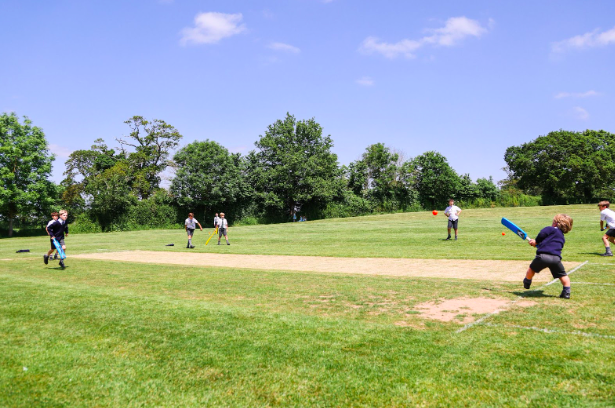Achieving a good night’s rest is vital for children. Rest forms a large part of a healthy routine and is an imperative element of your child’s well-being. Studies point to the fact that children who frequently enjoyed a sufficient amount of sleep, experienced benefits such as improved behaviour, superior attention, advanced learning, boosted memory, as well as heightened general mental and physical health.
How much sleep does your child need? Once you know how much rest they need, you can decide on a sensible bedtime for them.
Nursery Children
For nursery aged children, 10 to 13 hours of sleep per night is the recommended amount. It’s worth noting that a nap can be incorporated into the 10 to 13 hours of rest. The most important thing to factor in when considering your child’s sleep is the development of consistently good habits as this will help to set a solid foundation for getting to sleep.
A bedtime routine is recommended so that you can include a winding-down period as part of the thirty minutes prior to their bedtime. Ensure that you keep to a certain bedtime and give your child a pre-warning half an hour before bedtime and then a last call 10 minutes beforehand.

Prep School Children
If your child falls into our prep school age bracket, you should aim for them to get nine to 11 hours of sleep a night. If they sleep for seven to eight or 12 hours, this is also a suitable amount for them to rest, however, less than seven or exceeding 12 hours is not recommended because too little or oversleeping is detrimental.
Sleep is significant for your child to learn at their best. Prep school-aged pupils need correct levels of sleep for them to be able to hold their focus and learn during schooltime as well as to boost their physical/athletic performance, to develop and grow normally and also to maintain good health. Losing sleep can cause children to experience poor grades and run into relationship problems with friends, amongst other issues.
Below are some good habits you can form to improve your child’s healthy sleep routine.

Promote Relaxation Before Bed
When your child is more relaxed before bed, it will be easier for them to settle and fall asleep quicker. Consider reading books with them, listening to relaxing music or adopting breathing exercises.
Provide Reassurance
Children can be susceptible to being frightened about bedtime, which can stem from being alone in the dark, for example. Offering some positive reinforcement enables you to reassure your child that they are safe at bedtime. Offer plenty of praise whenever they go to bed with little fuss.
Consider putting a parental lock on apps such as YouTube to prevent your child from viewing anything frightening and be mindful of what you watch on TV with them to keep worrying pre-bedtime to a minimum.
Minimise Light & Sound in the Bedroom
A nightlight can be effective for younger children but maintaining a dimly lit room for your child is a crucial factor for supporting good-quality slumber. It’s also important to have the room as quiet as possible to reduce stimulation at a time of rest and to reduce sleep interruption.
With this in mind, preventing screen use at least an hour before bed will help to promote good sleep. The blue light from smart devices and TVs are massive sleep barriers due to the blue light suppressing melatonin levels and elevating levels of stimulation.
Dietary Considerations
If a child feels hungry at bedtime, it can affect how smoothly they fall asleep. Therefore, you can prevent this by ensuring they eat sensible, satisfying evening meals around 2-3 hours before bedtime.
Additionally, a healthy breakfast will help their body clock function correctly; this will aid the transition from evening to bedtime for your child.
We hope that this information is helpful to you. Here at St Peter’s Prep, as an independent private school in Devon, we believe in helping your child get the best journey through their school life, which includes developing sleep health and general well-being.










